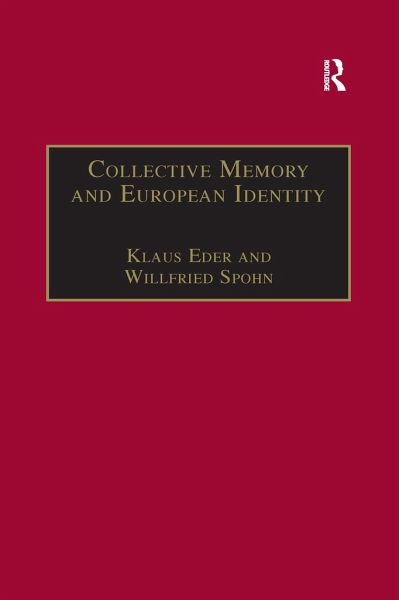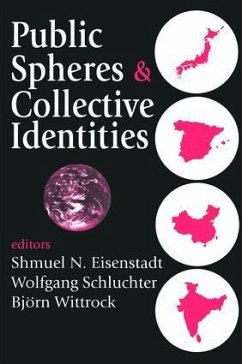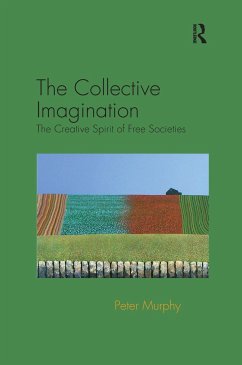
Collective Memory and European Identity
The Effects of Integration and Enlargement
Herausgeber: Eder, Klaus
Versandkostenfrei!
Versandfertig in 1-2 Wochen
55,99 €
inkl. MwSt.
Weitere Ausgaben:

PAYBACK Punkte
28 °P sammeln!
Is it possible to create a collective European identity? In this volume, leading scholars assess the link between collective identity construction in Europe and the multiple memory discourses that intervene in this construction process. The authors believe that the exposure of national collective memories to an enlarging communicative space within Europe affects the ways in which national memories are framed. Through this perspective, several case studies of East and West European memory discourses are presented. The first part of the volume elaborates how collective memory can be identified i...
Is it possible to create a collective European identity? In this volume, leading scholars assess the link between collective identity construction in Europe and the multiple memory discourses that intervene in this construction process. The authors believe that the exposure of national collective memories to an enlarging communicative space within Europe affects the ways in which national memories are framed. Through this perspective, several case studies of East and West European memory discourses are presented. The first part of the volume elaborates how collective memory can be identified in the new Europe. The second part presents case studies on national memories and related collective identities in respect of European integration and its extension to the East. This timely work is the first to investigate collective identity construction on a pan-European scale and will be of interest to academics and postgraduate students of political sociology and European studies.














